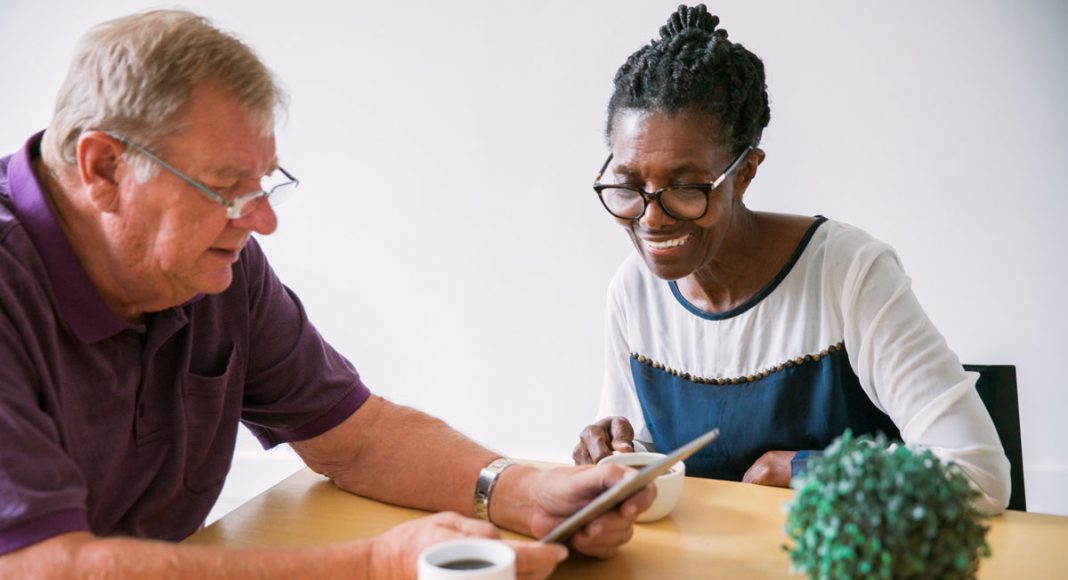Medical marijuana reduces pain in older patients and helps reduce opioid dependence, according to a new report. Researchers at Northwell Health conducted a questionnaire of older men and women to assess the efficacy of cannabis for pain management.
The most stunning revelation of the report shows that 91 percent of seniors would recommend medical marijuana to others. The results of the study, “Older Adults’ Use of Medical Marijuana for Chronic Pain: A Multisite Community-Based Survey,” give doctors a glance at how specifically cannabis aids elderly Americans. The researchers surveyed 138 medical marijuana users with an anonymous 20-question survey focusing on how often they used the marijuana, in what form they took it, how much it reduced pain and whether or not they were able to cut back their use of other painkillers.
When patients were asked if they were able to curb their use of other painkillers after starting medical marijuana, 18 percent reported decreasing their use “moderately,” 20 percent “extremely” and 27 percent “completely.”
Here are some comments from the patients:
“My quality of life has increased considerably since starting medical marijuana. I was on opiates for 15 years, and 6 months on marijuana, and off both completely.”
And:
“It [medical marijuana] is extremely effective and has allowed me to function in my work and life again. It has not completely taken away the pain, but allows me to manage it.”
And:
“I was on Percocet and replaced it with medical marijuana. Thank you, thank you, thank you.”
These patients included in the questionnaire suffered from chronic pain from osteoarthritis, spinal stenosis, hips and knees that could not be replaced, and pain not relieved by steroid injections, according to Dr. Diana Martins-Welch, a co-author of the study and physician in the Division of Geriatric and Palliative Medicine, Department of Medicine at Northwell Health.
Martins-Welch believes that medical marijuana could be effective in curbing the opioid epidemic now ravaging the United States. “What I’m seeing in my practice, and what I’m hearing from other providers who are participating in medical marijuana programs, is that their patients are using less opioids. I’ve even gotten some patients completely off opioids.”
Martins-Welch and colleagues surveyed men and women between the ages 61 to 70 about their use of medical marijuana. Patients responded to 20 questions about their marijuana use. The researchers found that most patients, 45 percent, used vaporized oil, while 28 percent used pills and 17 percent used marijuana-laced oil. Twenty-one percent used marijuana once a day, 23 percent used it twice daily, and 39 percent used marijuana more than twice a day.
Using marijuana in these forms dramatically reduces its mind-altering effect, Martins-Welch said.
In most cases, a doctor recommended medical marijuana (46 percent) followed by a family member or friend (24 percent) or another health care provider (6 percent), while others did not specify who recommended it (24 percent).
When asked how pain levels changed before and one month after starting marijuana, most patients reported that average pain scores dropped from 9.0 on a scale of 0-10 to a more moderate pain threshold of 5.6.


